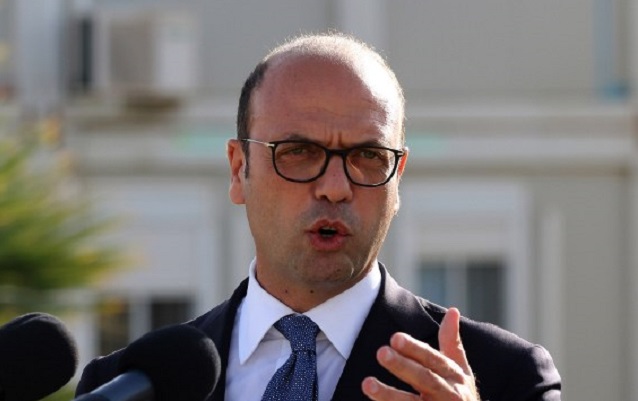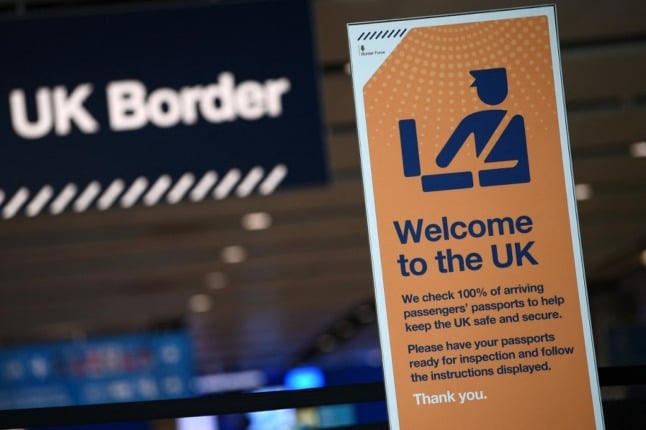“We appreciate the British will to define a new partnership with the EU after Brexit,” said Alfano after his talk with Davis. “Italy is working with conviction in this direction.”
READ ALSO: Italy is only country to have lost confidence in the EU since Brexit, poll shows
Alfano said it was “essential” that the rights of citizens – Britons living in the EU, EU citizens in the UK, and their families – were guaranteed as soon as possible.
He said he had made it “very clear” that Italy would not accept any agreement which diminished the protection of acquired rights for Italians living in the UK, saying that “this would prevent the possibility of building a new partnership based on trust and common interests.”
In the meeting with Davis, Alfano also discussed UK-EU cooperation on security, as well as the relocation of European agencies currently in the UK. Two European institutions currently have their headquarters there; the European Banking Authority (EBA) and the European Medicines Agency (EMA), and Italy has nominated itself to host the latter in Milan.
min.#Alfano incontra min. per la #Brexit Davis: “Garantire diritti ai cittadini europei residenti in #Uk e ai britannici residenti in #Ue” pic.twitter.com/eDtUc0HMXi
— Farnesina ?? (@ItalyMFA) June 20, 2017
OPINION: 'Brexit can make Italy great again – but it needs to act fast'
Alfano has previously warned against “punishing” the UK for its vote to leave the bloc, a sentiment echoed by Prime Minister Paolo Gentiloni earlier this year, who said the Italian attitude in the talks would be “constructive and friendly”.
A continued close alliance between the EU and the UK would be beneficial to Italy.
The country's exports to the UK have already seen a 'Brexit effect', with drops of up to 12 percent in the first quarter of 2017 compared to the same period last year, according to figures from farmers' organization Coldiretti. The food and wine industries have been particularly hard hit, due to the fact the UK is the number one global consumer of prosecco and fourth biggest importer of Italian food products.
But it is the rights of individuals that have been the most hotly discussed issue in Italy, which has around 600,000 of its citizens living in the UK.
One campaign group, British in Italy, has been working with the 3 Million, an organization representing EU citizens in the UK, to put their case to Rome's British Embassy and Italian MPs.
A representative of the group, Jeremy Morgan, told The Local in March that while politicians had been sympathetic to their cause, he wasn't sure there was a full understanding of the complexity of the issues – or the ways in which people had already been affected by the Brexit vote, for example in the falling value of pensions.
READ ALSO: How to get Italian citizenship (or at least stay forever)



 Please whitelist us to continue reading.
Please whitelist us to continue reading.
Member comments